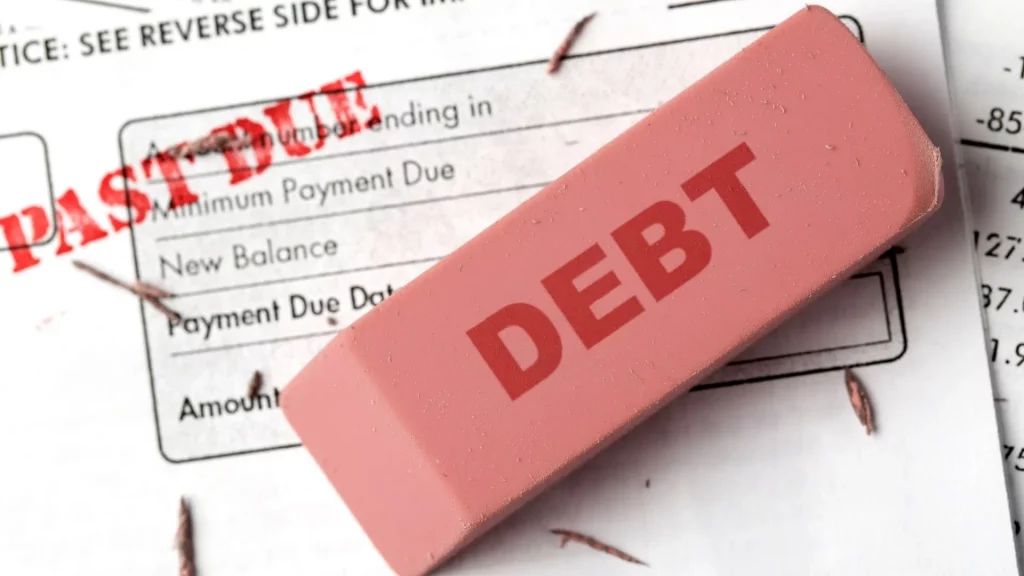What happens to your debt if you get retrenched?

In today’s economic climate, retrenchments occur regularly, and if you are under debt review, you need to know your rights and the options available.
Between businesses struggling to keep their doors open and there being too many people searching for employment, being retrenched is not uncommon. But if this happens, what happens to your debt? And what can you do to make a difference until you find a new job? Keep reading to find out.
What happens to debt when you get retrenched?
When you receive your retrenchment letter from your employer, contact your debt counsellor immediately. The following will take place as quickly as possible:
When you receive your retrenchment letter from your employer, contact your debt counsellor immediately. The following will take place as quickly as possible:
- All debt payments are immediately stopped.
- Your debt counsellor notifies your creditors of the situation.
- A new court appearance is scheduled to explain your retrenchment.
- The judge will rule if your debt is erased or a new agreement will be reached.
You’re covered if your debt review company has insurance, such as Debtline’s Credit Life feature.
Once you’ve provided the necessary documentation, your monthly repayments are covered by the insurance policy that forms part of your debt review cover for a stipulated time. This can be up to 36 months or as long as your debt review is still in effect.
Credit life insurance
Credit Life Insurance is only applicable when you’ve been retrenched, and there are certain circumstances where this does not apply. For instance, you can’t claim retrenchment cover if:
- You’re self-employed
- You’re employed by a business owned by family
- You resign or accept voluntary retrenchment
- Retrenchment was set to place before applying for the policy
- You retire or are fired from your position
- You lose your job due to fraud or other illegal conduct
- Sick, disease, injury or a medical condition is the cause of your retrenchment
- You were employed for less than 12 months
Being retrenched while under debt review is less than ideal, but it doesn’t have to be a disaster. Contact your debt counsellor as soon as possible and let them help you put the next steps required into action before it’s too late.
If you’ve been retrenched and your debt is overwhelming, contact Debtline. Let our team of experts help you navigate your way to being debt-free while you focus on getting back on your feet.